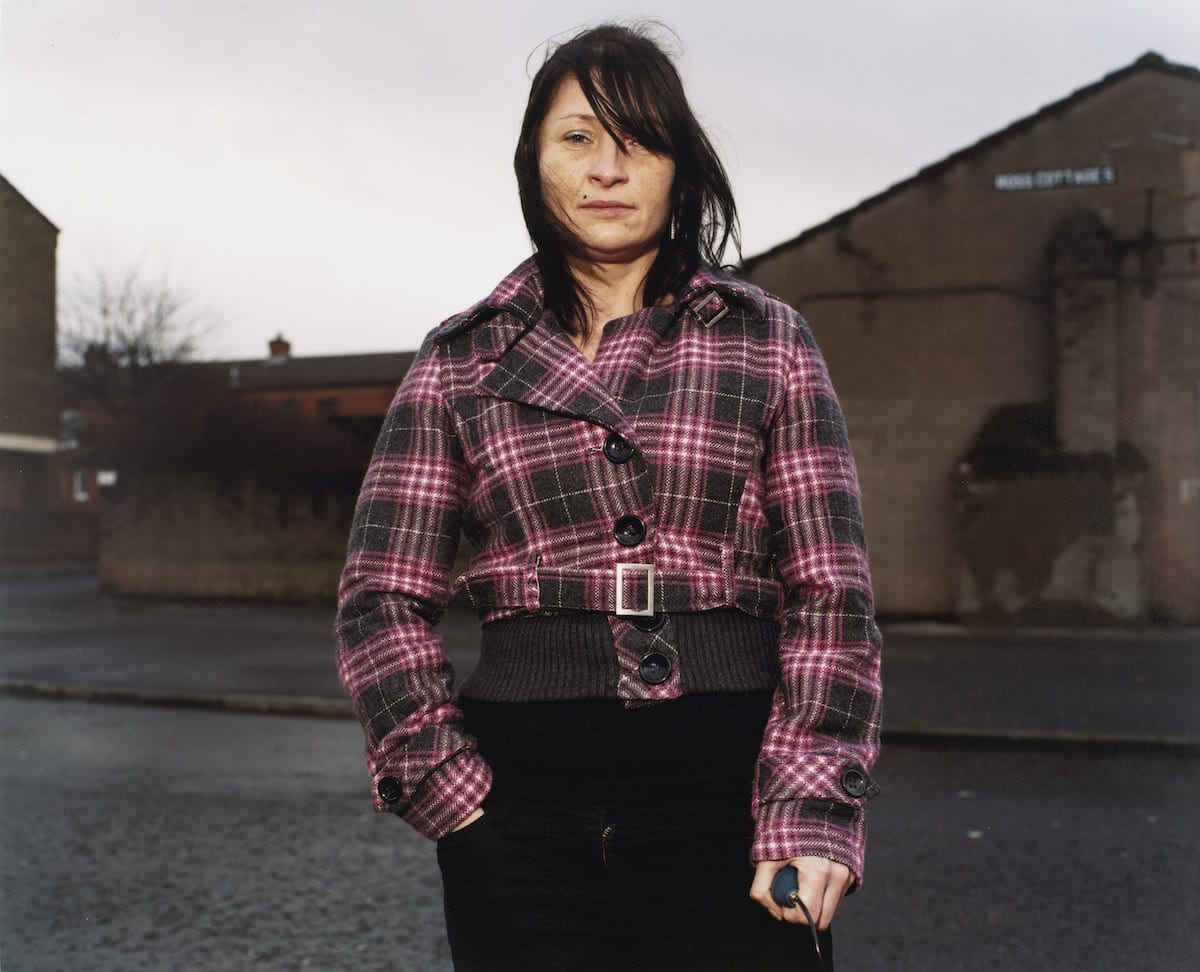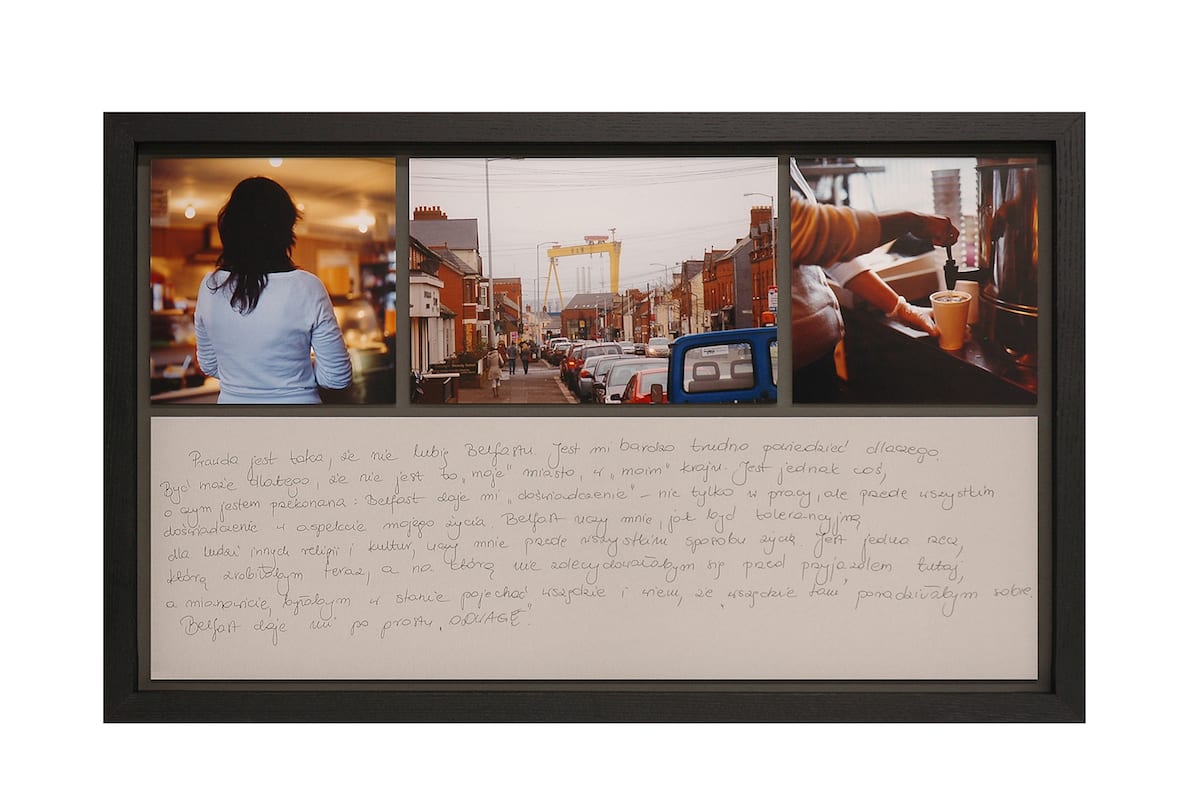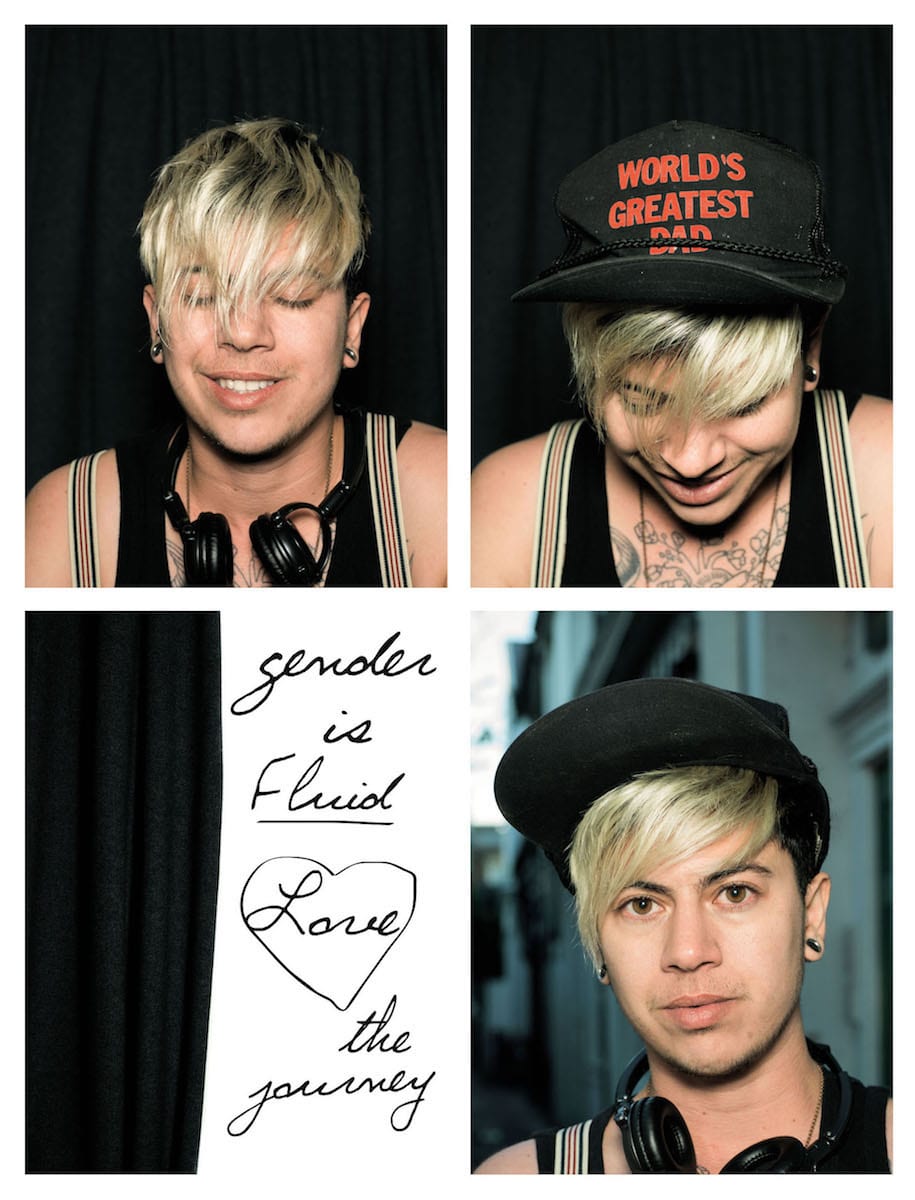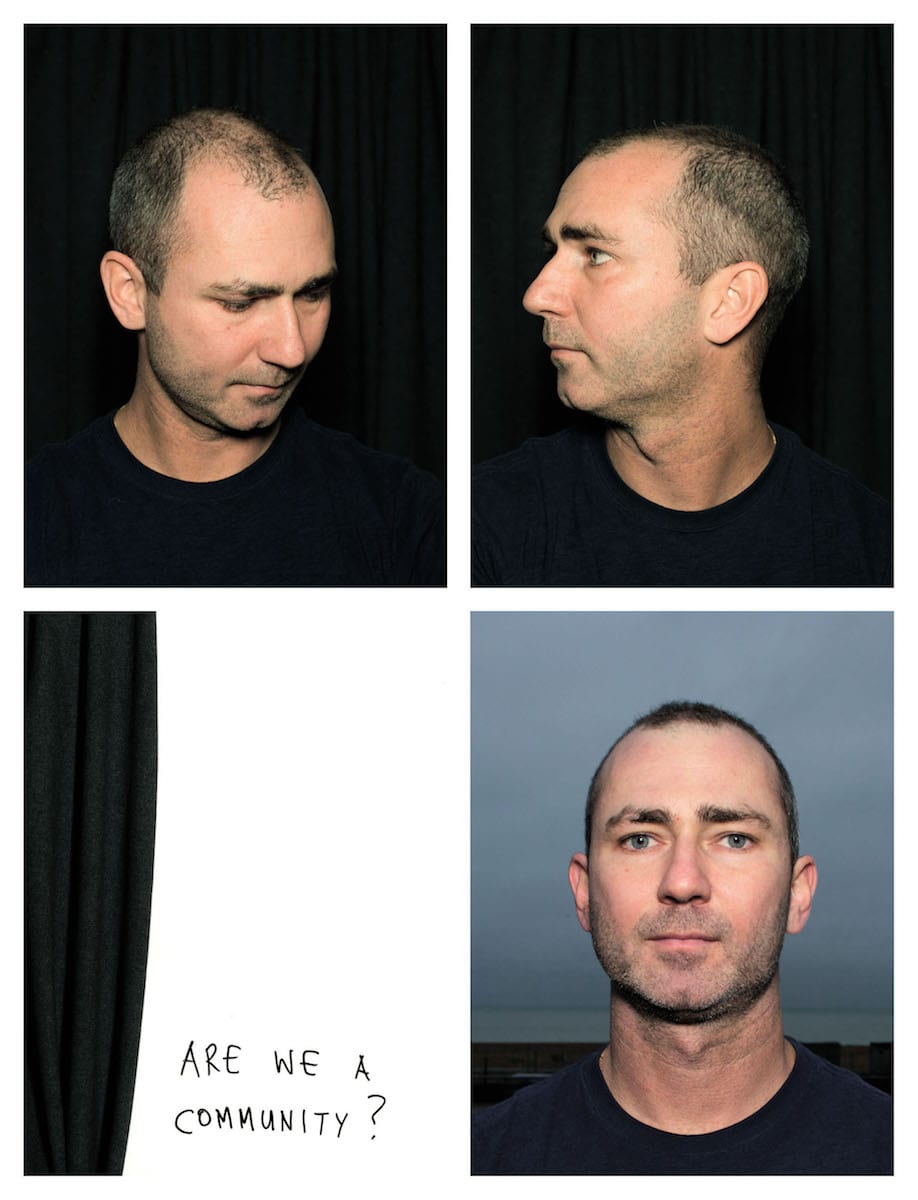Socially engaged photographer Anthony Luvera combines collaboration, education, and engagement in his approach, dismantling preexisting notions of authorship and storytelling in its wake. His work deconstructs what he calls the “machinations of exchange” – the interactions between photographer and subject – to produce images that confirm the power of socially engaged photography.
Work that explores alternative approaches to photographic production is at the centre of Coventry University’s new Photography and Collaboration MA course. Directed by Luvera – who developed the programme alongside Gemma-Rose Turnbull, a photographer who specialises in socially-engaged practice – the post-graduate degree is designed to allow students to “initiate, identify and develop” images in a community or collaborative context.

Not Going Shopping, one of Luvera’s most well-known projects, saw the photographer work with the local LGBTQ community in Brighton to create a series of what he calls Collaborative Self-Portraits. Through regular discussions via social media and in workshops, the series became a shared expression of how the participant and Luvera understood what being queer means to them. The portraits break open not only the way we consume gender and sexuality but also expose the possibilities of an approach that is ontologically collaborative.
To help students establish these kinds of partnerships between subject and communities, the course will be taught in a flexible delivery mode; students can study face-to-face, exclusively online or a mixture of the two. Luvera points out that this flexibility means that it is likely many students will be working in communities outside of Coventry. “It is not always going to be practical for someone who is making a body of work in a remote part of the UK or anywhere else in the world to be able to attend classes in person,” he says. Lectures will be recorded and uploaded online to allow students to access information from wherever they are working in the world. Coventry’s own virtual learning environment, which houses archive and recorded materials, will also be available for use so that all “students will still be able to access the same kind of opportunities and learning.”

Coventry University as a wider institution has a strong focus on accessibility, reflected in its Higher Education Statistics Agency ranking as “1st for international experiences”. Luvera, who first joined the university as Course Director of Photography in 2014, believes that this aspect is crucial to photographers operating today. “Coventry University is incredibly forward thinking in how it approaches innovative courses,” he says. “The university has a big drive to be international in everything it does, enabling students to learn with an international focus.”
For photographers working in today’s increasingly globalised world, this is of particular importance. “One of the biggest shifts in photography culture is the international landscape that photographers step out into when they pick up a camera,” Luvera explains. “To be an emerging photographer in the UK is not just about being an emerging photographer in the UK anymore: you are taking part in and connecting with opportunities in places like Paris, Berlin, New York or Amsterdam.”

Encouraging individuals to engage and play an active role in the storytelling process, to draw out their unique perspectives, as well as ways of reframing their own image, takes time. “Collaborative or socially engaged practice is ultimately about developing relationships with people,” affirms Luvera.
Projects by photographers including Wendy Ewald, who has worked with communities of young people around the world for over thirty years, using photography to enable her participants to represent themselves, in projects such as American Alphabets and Portraits and Dreams, or Eric Gottesman, who spent 15 years with a community in Addis Ababa to help them produce the collaborative project, Sudden Flowers, inspire some of the thinking behind the MA. In a similar vein, students on the course will have two years to work on their own individual projects to “ensure they have the time and scope to develop their project to its ultimate potential.” In order to harness the connective power of socially engaged practice, the MA programme is, according to Luvera, designed to “give students the opportunity to test out new ways of working with a group of peers and experts who are really passionate about socially engaged practice.”
Find out more about Coventry University and enrol on the Photography and Collaboration course here.


This feature was made possible with the support of Coventry University. For more information on sponsored content, visit 1854.studio.
Please click here for more information about collaborating with Studio 1854.
